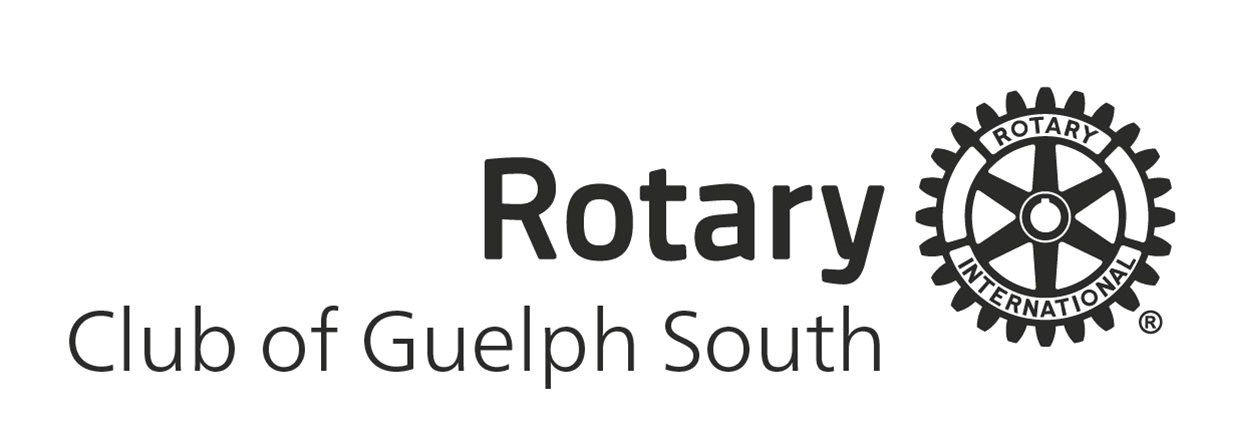OPPORTUNITY INTERNATIONAL'S JANNALEE ANDERSON
Our May 9th 2013 weekly meeting featured a guest speaker from Opportunity International, VP Operations Jannalee Anderson. Jannalee gave a presentation on Opportunity International, founded in 1971, an international organization which combines microfinancing and education for sustainable business start-ups in developing countries.
(Rotarian Andreas Hug introduces Jannalee)
Based in London, Ontario, Jannalee is a graduate of both the H.B.A. and the M.B.A. programs at the Richard Ivey School of Business at the University of Western Ontario, where she became an instructor and an international recruiter. She also taught at Tong Ji University in Shanghai and worked as a forecasting and pricing analyst at McCormick Canada.
Subsequently, as an Assistant Professor of Business at Tyndale University College, Jannalee developed a Micro-enterprise Development course and field research trip to Central America as well as co-founded the International Development degree program. As a result of her growing passion and involvement with microfinance, Jannalee accepted a position on the Philanthropy team with Opportunity International Canada. In this role, she seeks to build partnerships with individuals, businesses, and foundations that want to expand entrepreneurial opportunities for people living in poverty.
Having visited more than twenty countries in the developing world, Jannalee has witnessed the need for transformational microfinance first-hand. “I have not discovered anything more effective than microfinance in breaking the cycle of poverty.” says Jannalee. “Opportunity is a story of hope, dignity, stewardship, and sustainable development.”
Rather than send aid overseas in hopes that the benefits trickle down, microfinance takes a bottom-up approach, seeking to directly support and meet the needs of families living at the bottom of the economic pyramid. For this reason, it's one of the only methods of international development that people in the developing world are actually asking for.
Microfinance directly addresses one of the primary root causes of chronic poverty: underemployment. The cumulative impact of this job creation strategy is compelling. First, microfinance helps create or expand a single job. The training and income from this employment improves housing, education, and health care for a whole family. A typical first microloan – just $138 for Opportunity International – impacts five people.
Better still, the repayment rate on our loans is around 95%, meaning that a single loan is recycled and multiplies into the community for years to come. Savings accounts create additional stability against future crises and help entrepreneurs save for longer-term goals. We've repeatedly seen that a single $100 loan can increase a family's income by 40%!
BANKING ON WOMEN:
It's a sad but persistent fact that, across the world, women are typically poorer than men. Women make up a staggering 70% of those who live in abject poverty. Of the 1.3 billion people on the planet who live on less than $1 per day, that means 900 million are women.
Furthermore, women often have fewer options to earn a livelihood that provides adequate food, housing and education for their children. Women do 67% of the world's work, yet only earn 10% of the world's pay, and own 1% of the world's private property.This situation is often caused by the exclusion of females from opportunities for education, the workplace, the ability to own property and involvement in politics.
Opportunity International believes that the best way to interrupt cycles of extreme poverty is by providing women with microfinance. In our experience, women and men show equivalent aptitudes for starting a microloan-funded business. Whereas men feel personally entitled to any business proceeds, women typically pass on their earnings to the rest of the family. When women are able to improve their own circumstances, they tend to direct funds into nutrition and education for their children, making them the 'change agents' of their families. Research has shown that on average, women spend 90% of their income supporting their families, while men typically spend around 35%.
In other words, empowering women with microfinance reaches the most vulnerable people on earth – children living in extreme poverty.
Through participation in microfinance programs, women develop gifts and abilities they never knew they had. These latent gifts often bloom as a result of their business experiences and supportive relationships formed through their Trust Groups. Many of our clients tell us "no one ever believed in me before."
